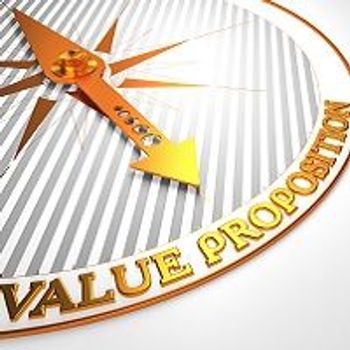
Think about developing a portfolio career, but, before you do, craft your personal value proposition and get out of the office to test and validate it.

Think about developing a portfolio career, but, before you do, craft your personal value proposition and get out of the office to test and validate it.

Here's a look at the top five stories on PMD for the week that ended Nov. 13.

Retail to wholesale changed pharmacy, electronics, consumer goods, groceries, and many other industries. It will do the same to medicine.
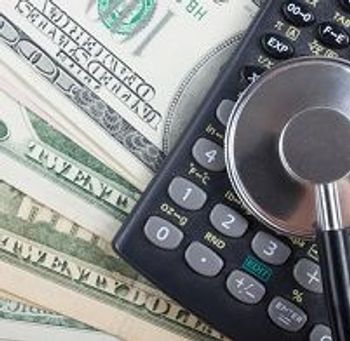
In healthcare, as in other areas of life, we tend to lose the forest for the tree in front of our noses. Such is the case when considering the stubbornly high cost of healthcare in the US.
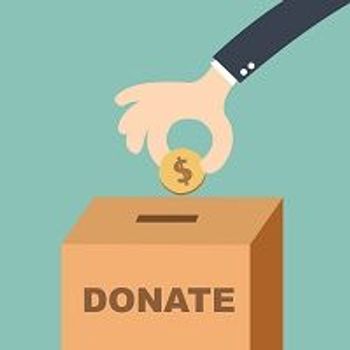
The desire give back and serve others is part of the DNA of many physicians. There are many ways to do so, and some that meet your personal goals while also providing some tax relief.

Whenever an airline announces a new route, it's wise to pay attention. That's because prices go down (especially if competing carriers get into an airfare war), and convenience goes up with the additional boarding locales.
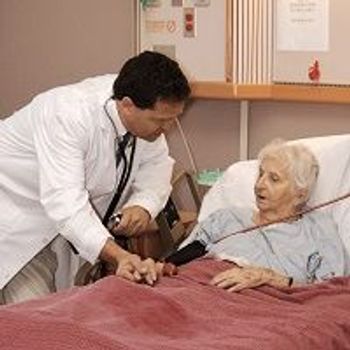
Everyone wants to engage patients in the hope they can improve outcomes and drive down costs. Unfortunately, many unvalidated assumptions and barriers are getting in the way.
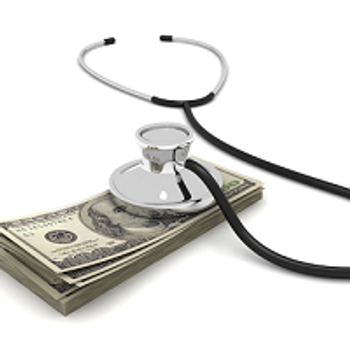
Graduating from guaranteed compensation to production-based pay is often a rocky transition for physicians, but it doesn't have to be. In Part 2 of this two-post series, we take a look at three keys for a smooth transition.

Commodity indexes are in the gutter. With conflicting information and viewpoints out there, anyone who says they know what to do with commodity indexes is only guessing.

Embarrassment stops countless people from seeking the help they need. When it comes to your personal finances, the best policy is to be open about past financial mistakes, and seek qualified help.
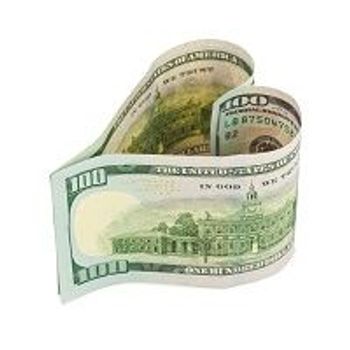
We've all heard the cliché that you should do what you love and the money will follow. But that isn't always the case.

Seat kickers and spaced-out parents rank as the two most disliked airline travelers, according to travel site Expedia's third annual Airplane Etiquette Study.

Pay-to-text might move the needle, but, for now, doctors are finding it hard to swallow and shoving it down their throats is unlikely to change things.

A new report shows many Americans are beginning to question whether college is actually worth it. Greg Kelly says the answer is clear: Yes.

There are several things you can do to make sure you're on track to earn just as much (or more) than your guaranteed salary provided. Graduating to production-based pay doesn't have to be a rocky transition… you just have to be prepared for it.

New doctors face a wide range of choices when they leave medical school. As they sift through potential job prospects, they have the pleasure – and perhaps burden – of imagining themselves in a variety of locales, from big cities to small towns.

A road trip through Poland takes travel columnists Eric and Nancy Anderson to a 900-year-old salt mine and the heights of the Tatra Mountains.

If you want to recruit and retain the talent you want, you need to offer them something they want. In many cases, a solid retirement plan can do the trick.
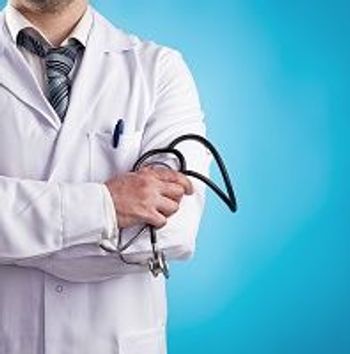
The author of a recent article claimed that "we all lose" when an experienced physician prematurely leaves medicine. However, many physicians leave practice to pursue other ways to help patients and add value to the system. That's a good thing.

For many physicians, the most anxiety-inspiring question about retirement is: How much will I need? It's not an easy question to answer, but with some relatively simple math, doctors can compute a pretty good estimate.
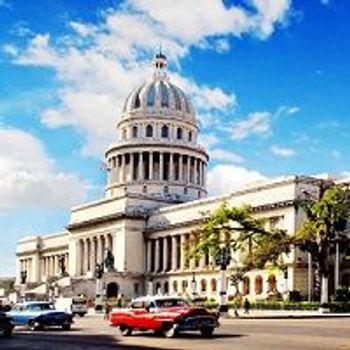
It's that time of year when travel booking sites tempt would-be vacationers to reserve rooms and flights by informing them of budget-stretching locales.

When you are sensing signs that it might be time to quit clinical practice, the first step is to divorce yourself from your doctor persona. Here are some tips on technique.

As the healthcare system evolves, the demand for physicians with strong leadership and business skills continues to grow. The problem for many healthcare organizations is that they don't have systems in place to train and develop such leaders.
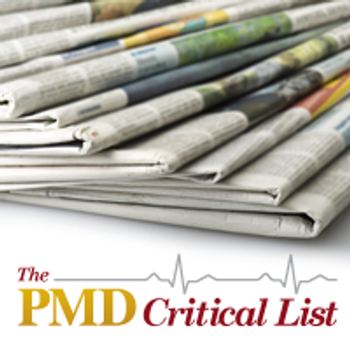
A new report says the number of Americans who regularly take prescription drugs has reached a new peak. That story tops this week's PMD Critical List. Also making the list: Mortality rates rise for white middle-aged Americans, and why "defensive medicine" may not be so bad, after all.

Getting into medical school is a numbers game. Like innovation, the prime determinant of success is the number of times you try.

These five stories were PMD's most popular during the week that ended Nov. 6.
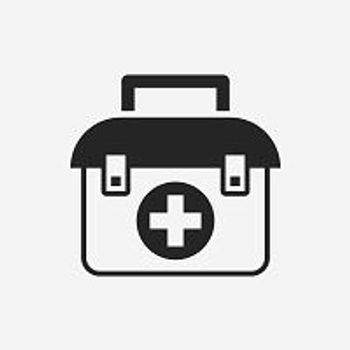
Most doctors no longer make house calls, and few still carry around the iconic black doctor's bag. But what if they did? What tools would today's physicians need to take with them on the go?

Many beginning investors wonder if they should be investing in traditional mutual funds (TMF) or exchange traded funds (ETF). There are some subtle differences between the two that may help you to decide which one to use in your circumstances.

Thailand, Vietnam, and Indonesia are among this winter's top-rated, budget-stretcher destinations in Asia, according to TripAdvisor's recently released TripIndex Asia.

Myriad organizations exist to advocate for physicians and promote healthcare system improvements, but in many cases it's unclear whether the organizations succeed at their stated goals.